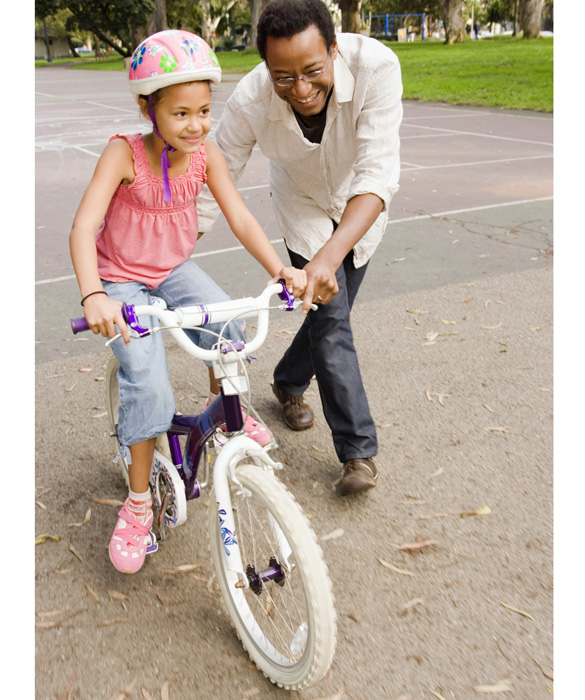Get Them Engaged in Activities

Although kids often relish summer as a time of lazy days and fun in the sun, education doesn’t have to take a back seat to barbecues and swimming excursions. In fact, it shouldn’t, especially since research has shown that students lose several months' worth of knowledge during the summer, says Alexandra Mayzler, founder of Thinking Caps Group, a New York-based tutoring company. Educational activities are easy to incorporate into everyday summer activities so students remain sharp and ready for the return to school.
Create a Business

Habits formed during the school year often lose their edge during the summer. Keep your kid sharp by challenging his math skills throughout the break. Mayzler recommends having kids start a real or imaginary business, such as a lemonade stand or re-sale clothing operation. “By having students work through the budgeting of all the parts of a business, they can review all the math they’ve learned to date,” says Mayzler.
Pick Your Produce

Learning must be fun to engage children of all ages. Give your kids hands-on experiences over the summer to keep their minds challenged and their bodies moving. A trip to a farmer’s market can be used to teach younger children colors, elementary school children nutritional values and older children the conversions on produce scales, says Leigh Leverrier, special education teacher and family life coach in Washington. Allow your child to touch, feel and eat strawberries, blueberries and corn as they learn about the origins of the produce.
Set up a Chore Chart

Your children may not be eager to scrub the floors and dust the furniture, but household jobs teach responsibility. Set up a chore chart with rewards and consequences during the summer to enhance your child’s learning, Leverrier suggests. “This is a great time for students to learn independence and [about] following instructions,” she says. “School is all about following instructions and becoming an independent learner.”
Explore Nature

Offer learning opportunities while participating in your favorite summer activities. Children can learn more about types of trees and flowers while taking a hike or about the historical significance of landmarks in your community on sightseeing trips. “Even going to see various parks, lakes and county highlights give children a chance to look around,” says Leverrier.
Prepare for Jobs

Your teenager might prefer to sleep in until noon each day during the summer, but it’s best to get her motivated and active as she prepares for the work force. The summer is an opportune time to help high-schoolers design a resume or practice filling out job applications, Leverrier says. Your teenager could also volunteer at community centers or complete odd jobs for neighbors to build up that resume for the future.
Learn a New Skill

Your kids can stay sharp by choosing the skills they want to learn during the less-structured summer months. “Middle-schoolers need to expose themselves to as many new skills as possible,” says Leverrier. Teach your child how to cook, play games, dance, ride a bike or even play a sport. He will end the summer as a jack of all trades with the new skills he has learned.
Start a Travel Journal

The summer will be over before you know it, and having your children record exciting adventures helps to keep their memory sharp. A travel or daily journal serves as a keepsake of the summer, too, says Andrea Horton, marketing director for the Springmont School in Atlanta. “I love to travel with my son and during our last big trip, each night we both wrote about the day in our journals—it was a great way to practice writing, grammar and penmanship,” she says.
Read, Read, and Read Some More

The best way to build word recognition and comprehension skills is to read often and to read a variety of texts, says Dr. Stephanie Grote-Garcia, a literacy specialist at the University of the Incarnate Word in San Antonio, Texas. Enhance your child’s literacy skills by launching a reading program during the summer. Visit a bookstore or library and let your child pick out his own books. “You can further develop your child’s reading skills by having a discussion about the books,” adds Grote-Garcia.
